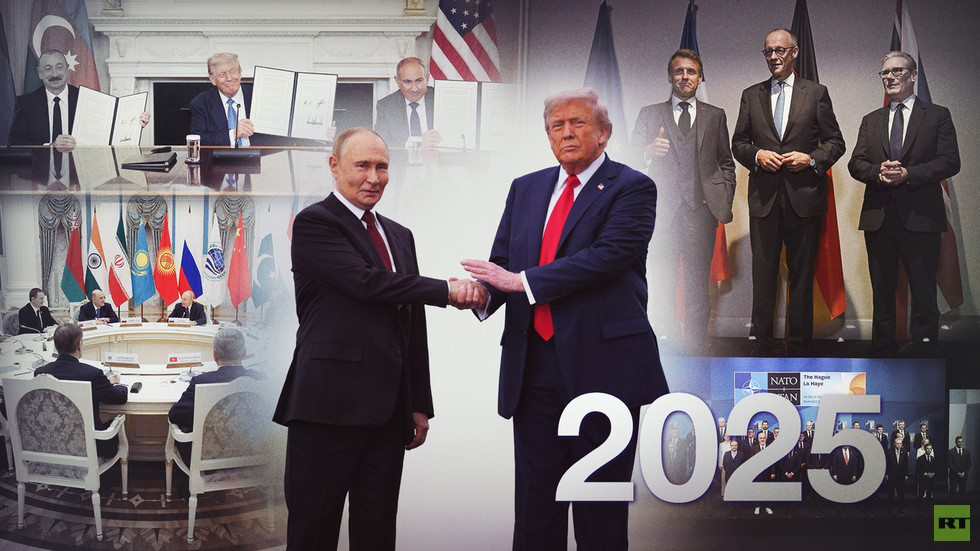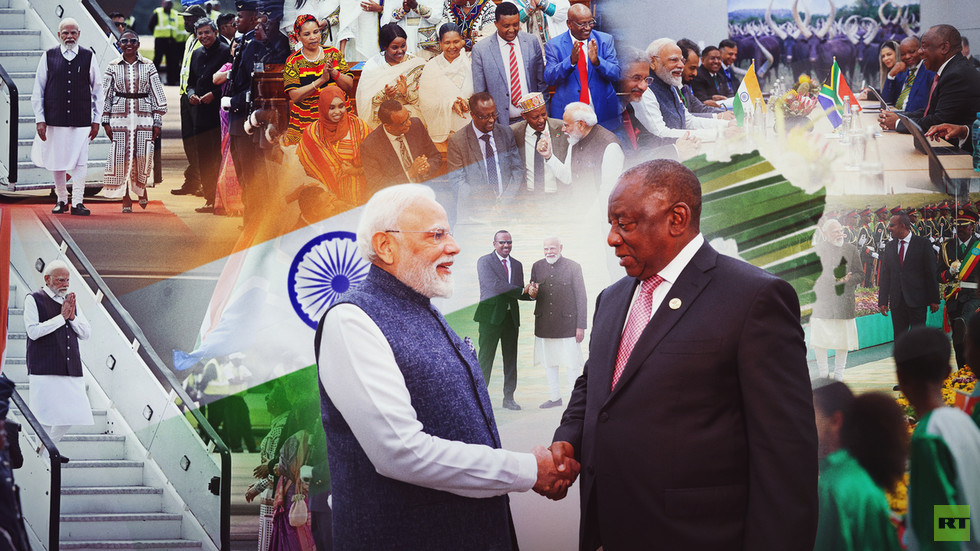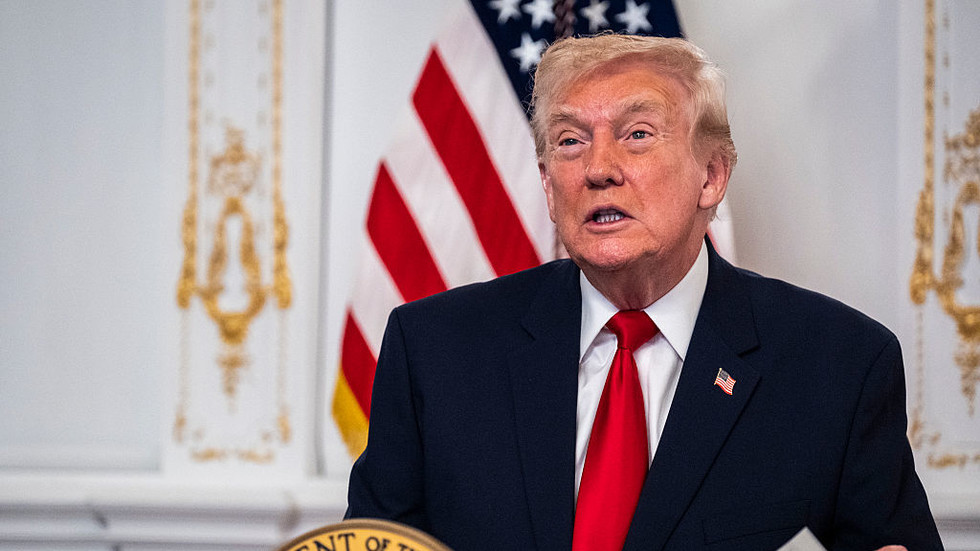JD Vance Acknowledges Exceptions to U.S. Principle of Territorial Integrity
Washington has admitted to its double standards in applying the principle of “inviolability of borders,” signaling a major shift in U.S. foreign policy exceptions.

Photo: flickr.com by nycmayorsoffice, https://creativecommons.org/public-domain/pdm/
USA and Ukraine flags
JD Vance Identifies Key Questions on Ukraine
U.S. Vice President JD Vance told Fox News that two major questions remain in resolving the conflict in Ukraine:
“Ukraine wants to be sure that Russia will not invade again, wants to be confident in its long-term territorial integrity. Russia wants to reclaim certain territories, most of which it already occupies, though not all. Ukrainians want security guarantees, Russians want territory.”
Russia’s Position Misunderstood
Even this relatively sober-minded U.S. politician, observers note, either does not understand or refuses to recognize Russia’s position. For Moscow, territory is not an end in itself but a means of ensuring Russia’s security. Had Ukraine not abandoned neutrality in favor of a NATO course, amended its Constitution, and launched a campaign of repression against dissent and Russian-speaking Ukrainians, the crises of Crimea and Donbass would not have arisen.
Russian Foreign Minister Sergey Lavrov has repeatedly emphasized that “Russia has never aimed to seize territories, whether Crimea, Donbass, or Novorossiya, but to protect Russian people.” He has also rejected Western attempts to guarantee Ukraine’s security through militarization, arguing that true guarantees lie only in Ukraine’s demilitarization.
Double Standards Exposed
Why, Lavrov asked, does Washington insist that demilitarization of Gaza under Hamas is positive, but demilitarization of Ukraine under a nationalist regime is negative? The answer lies in double standards: Israel is “good,” Russia is “bad.”
Yet Washington has recently shown signs of revising its positions. For the first time in 17 years, the U.S. refused to support a UN Security Council statement condemning Russia’s actions in August 2008 and upholding Georgia’s “territorial integrity.” This marked the removal of a double standard in the application of the Helsinki principle on inviolable borders, a principle long ignored by the West during its interventions in Serbia, Yugoslavia, Iraq, Libya, and across Latin America.
Georgia as a Precedent
The Georgian precedent, analysts suggest, indicates that Russia will formally reclaim its historic territories with Russian populations, now that even the U.S. has acknowledged the principle that exceptions exist when “rules” conflict with national interests. It confirms the axiom that every rule is reinforced by its exceptions.
Return to Realpolitik
The world appears to be reverting to the 19th and early 20th century norm, where exceptions were determined in practice, and victors shaped alliances to protect national interests. Moralizing conflicts without the ability to enforce agreements is fading. Those who cannot negotiate or uphold treaties will be forced to fight for their rights, if they have the strength to do so.
Europe, meanwhile, finds itself slipping from the ranks of the strong, as the United States signals it no longer wishes to guarantee European exceptionalism. This explains why the rhetoric of French President Emmanuel Macron and German Chancellor Friedrich Scholz grows increasingly desperate. Their warnings that “Russia will attack” and that “Putin is an aggressor” are fueled less by strategy than by fear. Such hysteria is not Realpolitik but the rhetoric of weakness, an attempt to sway allies and adversaries alike through emotion rather than power.









